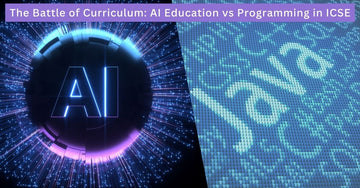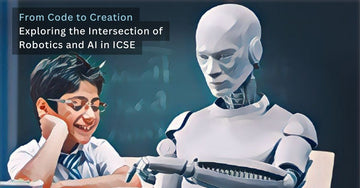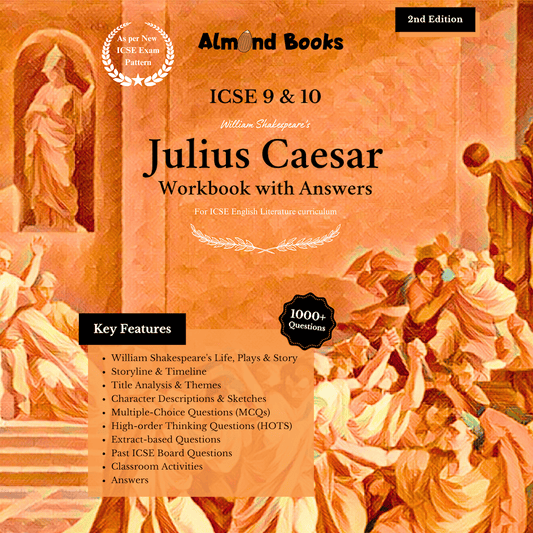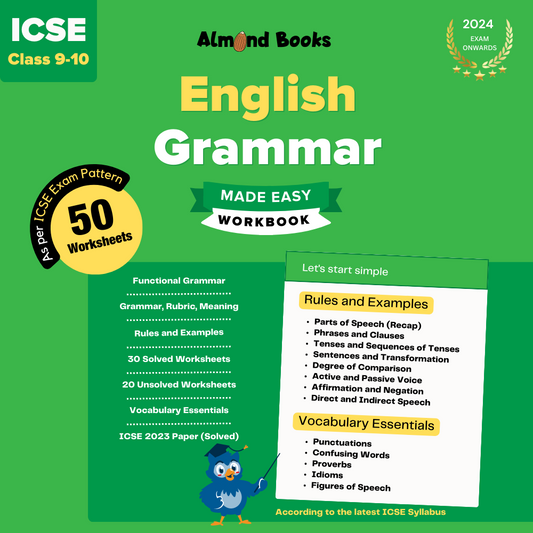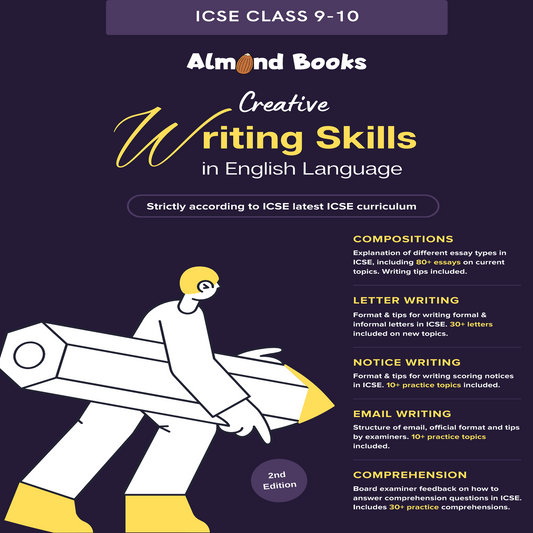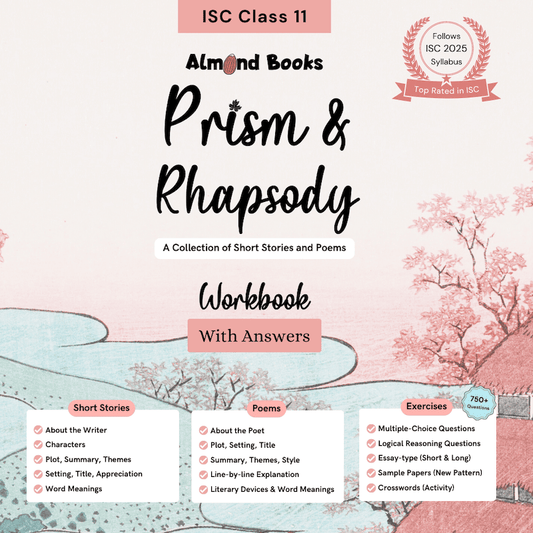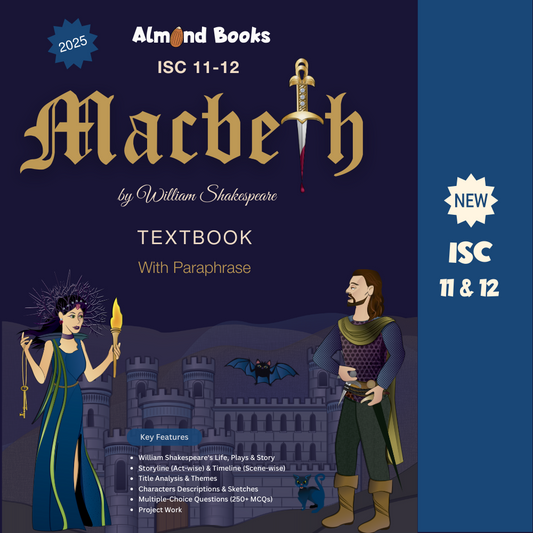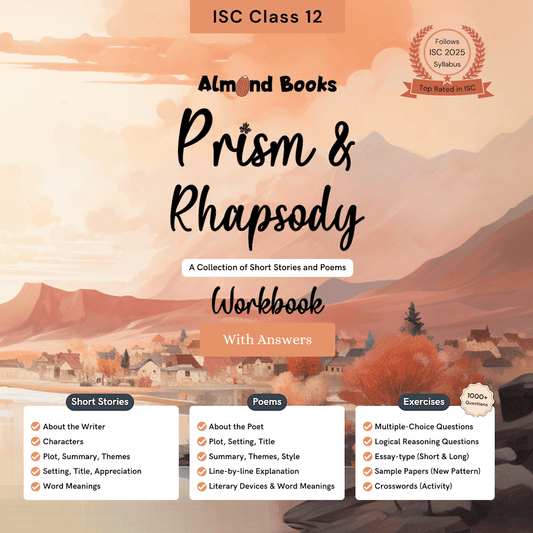The Battle of Curriculum: AI Education vs Programming in ICSE
by AlmondBooks Support on Mar 05, 2023
As the world becomes increasingly digitised, artificial intelligence (AI) has become a hot topic in education. Many schools are considering adding AI to their curriculum, but some Principals, Students and Parents may be wondering how AI is different from traditional programming or coding classes. In this article, we will explore the key differences between AI and programming, and why teaching AI is an essential part of modern education.
First, let's start with the basics. Programming involves writing code that tells a computer what to do. It requires knowledge of specific programming languages such as Java, Python, or C++, and an understanding of basic coding principles such as loops, conditional statements, and functions. The goal of programming is to create software applications, websites, or games that can perform specific tasks.
On the other hand, AI involves the use of algorithms and machine learning techniques to enable machines to learn and improve without being explicitly programmed. Stated simply, AI allows machines to learn from data and make decisions on their own based on that data. AI is used in a wide range of applications, from image and speech recognition to self-driving cars and personalised recommendations.
Here's a video from TedEd that briefly explains how AI learns from data.
Let's understand this further with help of some simple use case of Java Programming v/s Artificial Intelligence:
Basic Java Programming
- Calculator App: A simple calculator application that performs basic arithmetic operations like addition, subtraction, multiplication, and division.
Artificial Intelligence
- Recommendation System: A program that recommends items to users based on their preferences, purchase history, or browsing behaviour.
- Image Recognition: A program that can recognise images and classify them into categories such as animals, plants, or objects.
One of the key differences between programming and AI is that programming is a rule-based approach, while AI is a data-driven approach. In programming, we write code that tells the computer exactly what to do in every possible scenario. In contrast, AI algorithms are designed to learn from data and make predictions based on that data. This means that AI can adapt to new situations and make decisions based on data that was not explicitly programmed.
Another important difference between programming and AI is the level of complexity involved. Programming is often focused on solving specific problems, such as building a website or a mobile app. AI, on the other hand, involves complex mathematical models and statistical techniques that can be difficult for beginners to understand. However, teaching AI in schools can provide students with a solid foundation in math and statistics, which are essential skills for many careers in the digital age.
Teaching AI in schools can also help students develop important critical thinking and problem-solving skills. AI algorithms are often used to solve complex problems, such as identifying patterns in large datasets or predicting future trends. By teaching students how to design and implement AI algorithms, schools can help students develop the skills needed to solve real-world problems and make data-driven decisions.
In summary, AI is different from programming in that it is a data-driven approach that involves complex mathematical models and statistical techniques. Teaching AI in schools can provide students with important critical thinking and problem-solving skills, as well as a solid foundation in math and statistics. While it may be more challenging to teach than traditional programming, the benefits of including AI in the curriculum are numerous and essential for preparing students for the digital age.
If you are an ICSE School Principal considering adding AI to your school's curriculum, we encourage you to start by exploring the many resources available online (or email Almond Books support for recommendations). There are numerous online courses and tutorials that can help teachers and students learn the basics of AI, as well as more advanced topics. With the right resources and support, teaching AI in schools can be an exciting and rewarding experience for both teachers and students alike.
Helpful Resources

